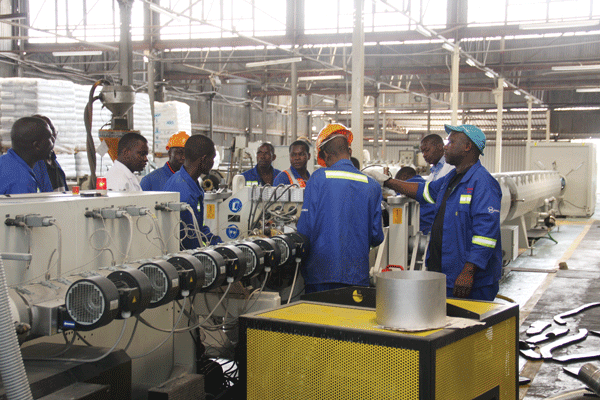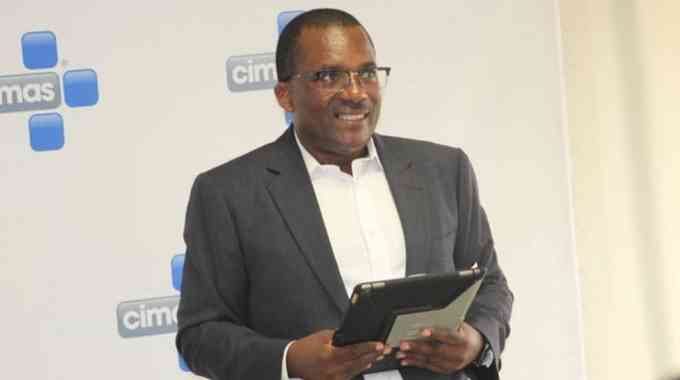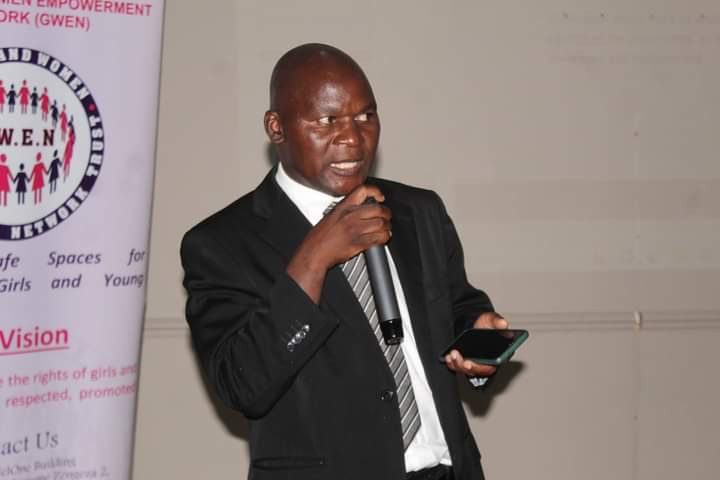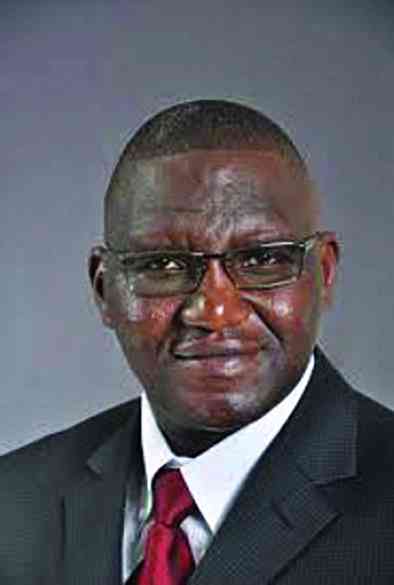
BY VENERANDA LANGA
SOUTHERN African countries have been urged to find solutions to climate change and the COVID-19 pandemic effects as these were increasing the poverty gap in the region.
The world yesterday commemorated International Day for the Eradication of Poverty, which is celebrated every year on October 17.
The Southern Africa Resource Watch (SARW) urged the region to utilise its natural resources to eradicate poverty and fight inequality caused by the COVID-19 pandemic and the climate crisis.
“Africa is blessed with abundant natural and human resources. These resources could be used to kick-start the development process, but there is a fundamental policy problem in that most African governments focus on monetary policy when they should be focusing on industrial policy,” said SARW in a statement.
“Through industrialisation, Africa’s natural resources could be a base on which to transform our countries into developed nations. As the world commemorates the International Day for the Eradication of Poverty, Africa must move decisively to address the paradox of being resource-rich, but with an extremely poor population.
“Without this fundamental change in attitude, it is practically impossible for the continent to attain the targets of the United Nation’s Sustainable Development Goals (SDGs), particularly Goal 1 of Eradicating Poverty by 2030.”
The African Development Bank recently said 250 million Africans were suffering from hunger, while 333 million faced food insecurity. Africa’s yearly food import bill is nearly US$4 billion.
- Chamisa under fire over US$120K donation
- Mavhunga puts DeMbare into Chibuku quarterfinals
- Pension funds bet on Cabora Bassa oilfields
- Councils defy govt fire tender directive
Keep Reading
About 490 million people on the continent, approximately 36% of Africa’s total population, are living in extreme poverty, the bank said.
Last week, World Food Programme country director Francesca Alderman said over five million Zimbabweans in urban and rural communities were food insecure due to COVID-19-induced difficulties.
SARW said some of the causes of poverty in Africa were that other resource-rich nations faced the challenge of undiversified economic structures in their extractive industries.
“This situation can only be addressed by promoting mineral linkages, improving resource governance, curbing illicit financial flows, and enforcing local content policies. The mining industries can be a base for inclusive broad-based economic development. In line with the African mining vision, it is important for the mining industry to provide downstream linkages into mineral beneficiation and manufacturing; upstream linkages into mining capital goods, consumables and services; and side stream linkages into infrastructure (power, logistics, communications and water).”
SARW urged governments to craft coherent local content policies to stimulate broad-based economic development and to effectively utilise their natural resources to fuel the socio-economic empowerment necessary to alleviate poverty.
“Linking the mining sector to local economies and increasing local revenue mobilisation are the only ways in which the mineral sector can contribute towards poverty eradication.”
SARW said most countries in the southern African region had put in place local content policies or regulations, but their implementation remained a challenge, much to the detriment of citizens and local communities who are faced with increasing poverty.
- Follow Veneranda on Twitter @LangaVeneranda










